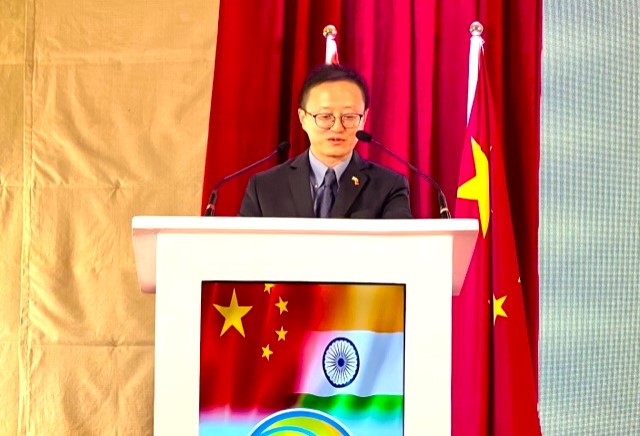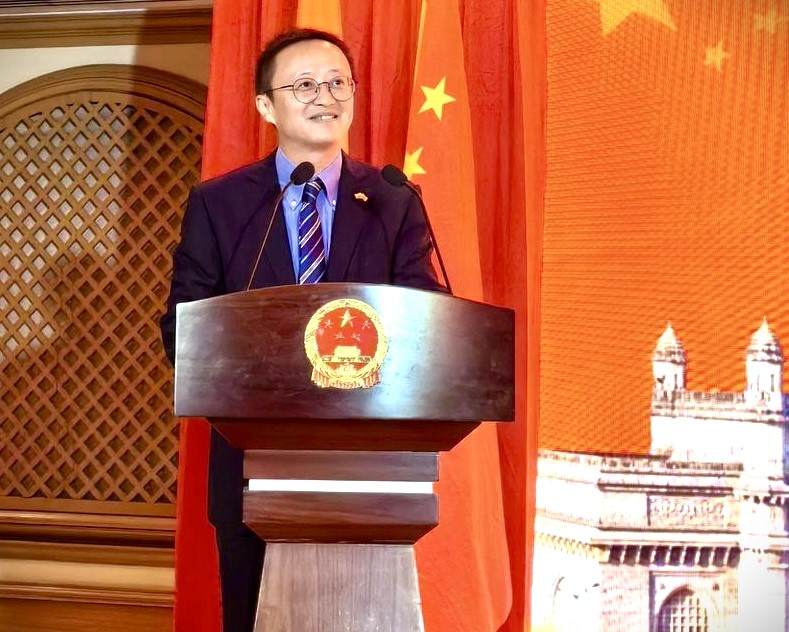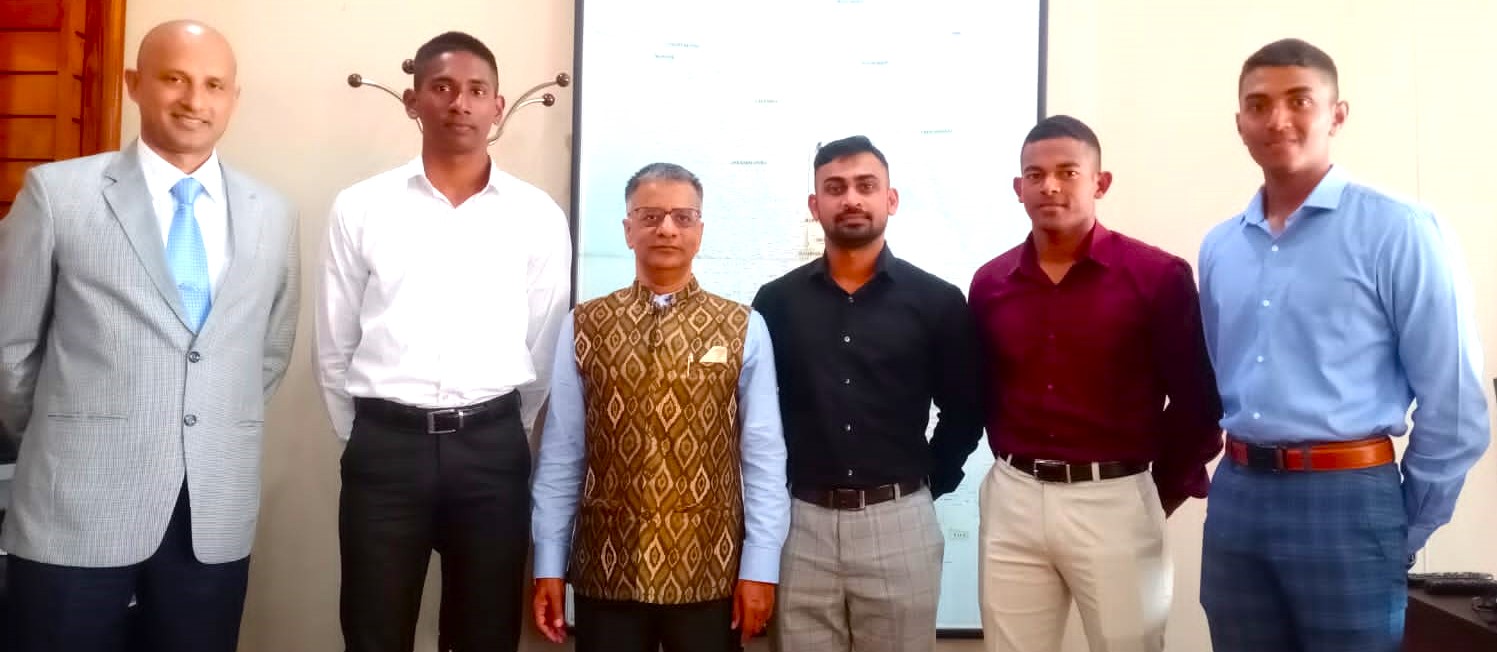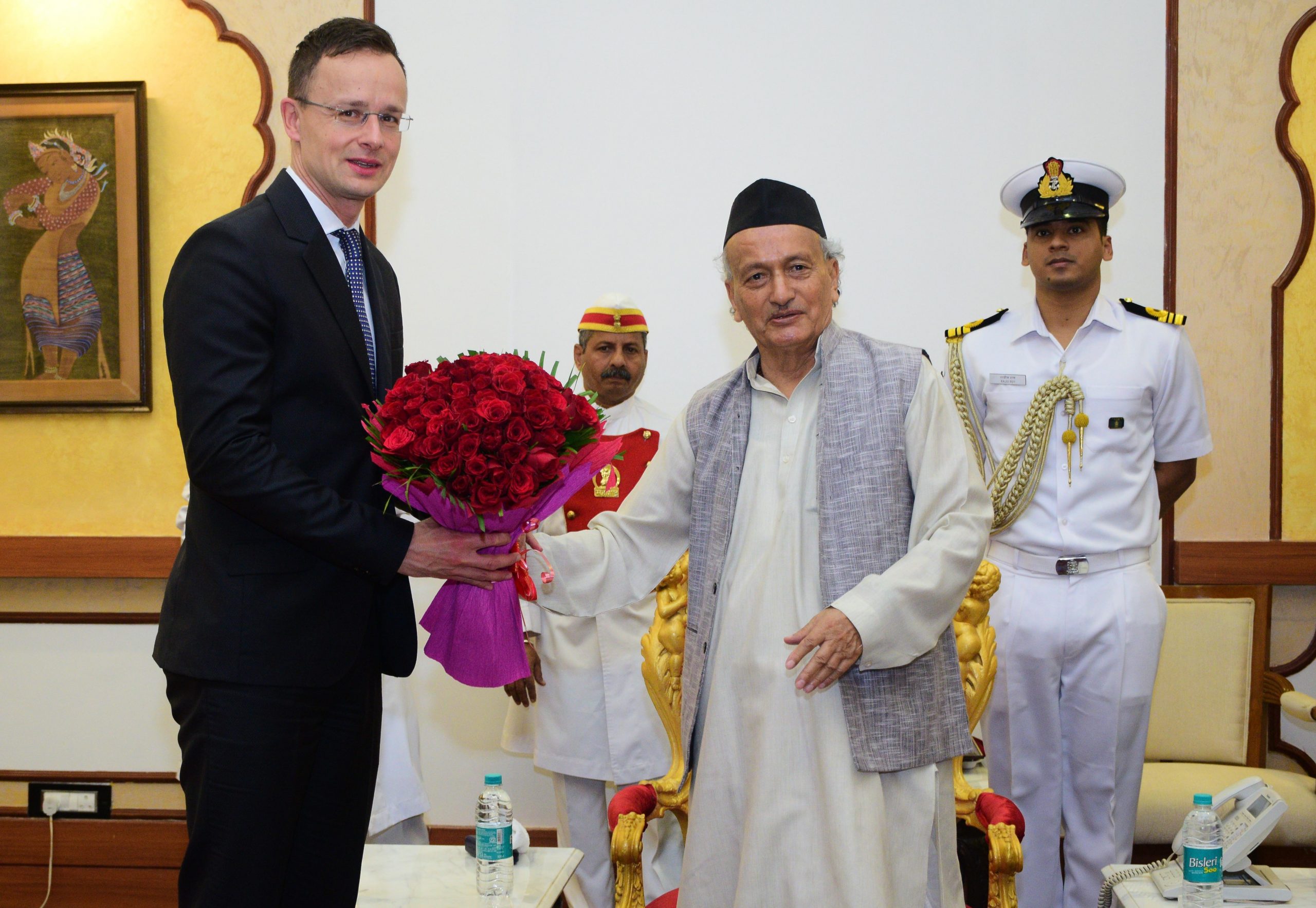By Kong Xianhua
This article recounts my personal experiences growing up in a small village in northern China, where a lack of basic amenities was a harsh reality. Absence of running water, flush toilets, frequent power outages, and pervasive smoke from burning wood defined our daily existence. The arduous two-kilometer journey to school invariably left my shhttps://mumbaimessenger.com/wp-admin/admin.php?page=seopress-optionoes caked in thick mud, while the persistent spectre of hunger remained an unwelcome companion.
However, on July 1, 2021, President Xi Jinping’s declaration that China had eradicated absolute poverty and achieved a moderately prosperous society on all fronts moved me to tears. I witnessed the profound transformations experienced by my relatives and the people in my hometown. They now inhabit modern residential buildings equipped with essential resources such as water, electricity, gas, and internet access. Their palpable happiness emanates from the liberation from concerns about basic necessities like food and clothing. Moreover, they now enjoy access to compulsory education, basic healthcare, and services for the elderly.
Nevertheless, while my hometown and China have made significant strides, many developing countries continue to grapple with entrenched poverty. It has been eight years since the United Nations launched the 2030 Agenda for Sustainable Development, yet the world now witnesses an alarming deficit in development, peace, governance, and trust. Unfortunately, some developed nations have shifted their priorities away from the much-anticipated support for the development of the global south. Instead, they have focused on suppressing, containing, and isolating China, particularly in the high-tech sector. These countries perceive China’s poverty-alleviation efforts as a violation of the so-called “rule-based order,” casting doubt on their legitimacy. Baseless accusations of “economic coercion” are used as a tool to intimidate China solely due to its economic competitiveness and the perceived threat it poses to their “developed status.”
The right to develop and lead prosperous lives extends not only to the people of China but also to individuals in all developing nations, including India. Therefore, we are justified in posing the question to the international community, especially developed nations: Do the people in developing countries not deserve the opportunity to flourish?
Providing a comprehensive answer to this question proves challenging when our focus remains solely on the Western perspective. Regrettably, the joint statement issued at this year’s G7 summit failed to address any topics related to North-South cooperation, perpetuating a recurring trend. Furthermore, the G20, which should serve as the paramount forum for international economic cooperation, has been disrupted by certain Western nations, hindering its ability to demonstrate its true value.
As the world’s second-largest economy and the largest developing country, China has consistently prioritized development. Since 2015, China stands alone among major nations in responding to the 2030 Agenda for Sustainable Development by presenting a Global Development Initiative replete with practical proposals. These Chinese initiatives closely align with the expectations of people in developing countries, emphasizing a development-first approach, people-cantered growth, inclusivity, innovation-driven progress, harmony between humans and nature, and action-oriented strategies. Similarly, India advocates for the concept of “one world, one family” and seeks to represent the voice of the Global South. The underlying consensus behind this unified voice rests on the realization that developing countries cannot afford to wait for or rely solely on others for their development. Ultimately, their progress hinges on collective solidarity and concerted efforts.
The Belt and Road Initiative (BRI) has emerged as one of the most significant and successful development-oriented endeavours in the world. Since its inception in 2013, China has diligently promoted BRI construction based on the principles of joint planning, joint construction, and shared benefits. At its core, the BRI aims to foster common development and uplift the livelihoods of people residing in countries along the Belt and Road. Development, however, is not without its challenges. The BRI has encountered temporary setbacks due to global economic fluctuations.
The author is Consul General of PR of China in Mumbai. Disclaimer: The opinions expressed in this article are those of the authors. They do not purport to reflect the opinion or views of the Mumbai Messenger Editorial team.

Editor in Chief : Mewati SItaram











